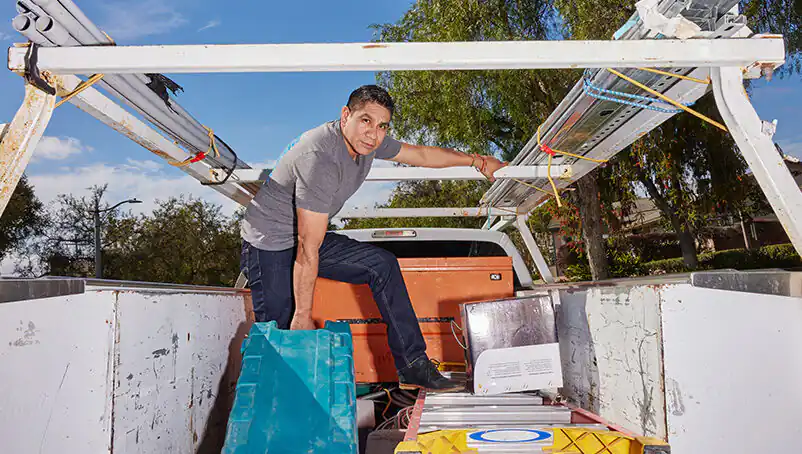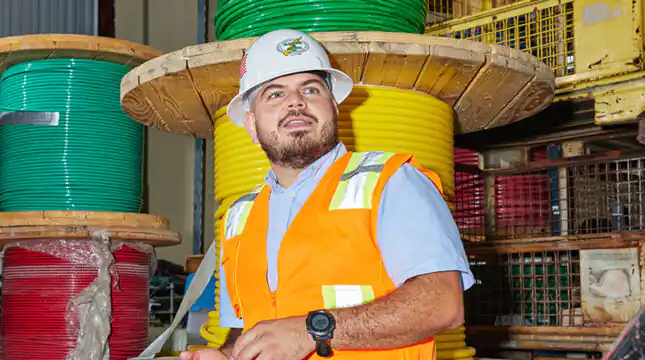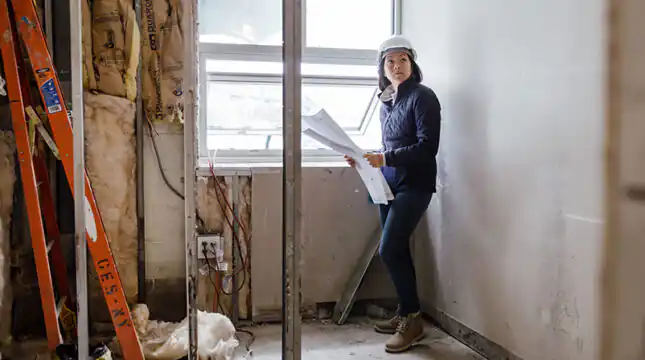Do you need a license to be a general contractor in MA?
Massachusetts general contractors who work on buildings of less than 35,000 cubic feet must have a license issued by the state. In some cases, you may also need to register as a home improvement contractor through the Office of Public Safety and Inspections.
There are two main types of Massachusetts general contractor licenses:
- Unrestricted construction supervisor license (CSL). This type of license covers work on buildings of less than 35,000 cubic feet, one- and two-family dwellings, buildings and structures for agricultural use, and walls less than 10 feet.
- Restricted construction supervisor license (CSL). This license solely covers work on one- and two-family dwellings.
Additionally, there are several specialty CSLs available, including:
- Masonry
- Roof covering
- Windows doors sliding
- Solid fuel-burning appliance
- Demolition
- Insulation
Home improvement contractor registration
All general contractors who work on residential contracting projects must register as a home improvement contractor (HIC) with the Office of Consumer Affairs and Business Regulation.
This registration covers home improvement work on existing one- to four-unit, owner-occupied residential properties.
How to get a general contractor license in Massachusetts
To get your Massachusetts contractor license or complete your home improvement contractor registration, follow these steps.
How to apply for a Massachusetts construction supervisor license
You must apply for your CSL by mail. When filling out your Massachusetts general contractor license application, be sure to complete the following steps:
- Choose your construction supervisor license type
- Verify your work experience
- Submit the candidate exam registration form
After submitting your application, you must call Prometric, which administers the licensing exams, to schedule your exam date.
How to register as a Massachusetts home improvement contractor
General contractors can register as a HIC online, by mail or in person at the Office of Consumer Affairs and Business Regulation in Boston. To complete the registration process, you’ll need to submit one of the following documents:
- If registering as an individual/sole proprietor: A copy of your business certificate issued by your local city or town clerk
- If registering as a corporation: A current filing with the Massachusetts Secretary of the Commonwealth Corporations Division
You must also pay a $150 registration fee plus a mandatory fee based on the size of your company:
- 0-3 employees: $100
- 4-10 employees: $200
- 11-30 employees: $300
- 30+ employees: $500
Massachusetts construction supervisor license requirements
While Massachusetts contractors’ licenses have work experience and exam requirements, these requirements do not apply to HIC registration. To be eligible for a CSL, you must fulfill the following criteria:
Have previous construction work experience
You must have three years of work experience in building construction or design to be eligible for a CSL. The work experience doesn’t have to be continuous, but it must be full-time work from the past 10 years.
Active construction-related military experience may be considered full-time work.
To verify this experience, you must submit relevant tax forms or a notarized letter of attestation from an employer, engineer, architect, licensed contractor or other qualified individual stating that you have the required experience.
Potential substitutions for the work experience requirement include:
- One year of work experience: Successful completion of a three- or four-year vocational school program in building construction, or a bachelor’s degree from an accredited college or university
- Two years of work experience: Successful completion of a bachelor’s degree from an accredited college or university in architecture or science, engineering or technology in a related field
Pass the licensing exam
After submitting your application, you must take the computer-based licensing exam at a Prometric testing location. The exam is primarily based on the contents of the Commonwealth’s Building Code.
You’ll receive your results immediately following the exam. After passing the exam, you must mail your score report to the Office of Public Safety and Inspections.
What insurance does a general contractor need in Massachusetts?
Massachusetts does not require construction supervisors to obtain insurance to be eligible for licensure or registration. However, you may want general contractor insurance to protect your business. Consider the following types of Massachusetts business insurance for general contractors:
General liability insurance
General liability insurance can help provide coverage for common work-related accidents that can occur in construction, like damage to someone’s property or a third-party injury.
Learn more about general liability for contractors.
Workers’ compensation insurance
If an employee gets hurt on the job, MA workers’ compensation insurance can help provide coverage for wage protection and medical expenses. In the Commonwealth of Massachusetts, all employers must have workers’ comp coverage.
This requirement extends to out-of-state employers operating in Massachusetts.
Learn more about workers’ comp for contractors.
Tools and equipment insurance
Tools and equipment insurance can help cover repairs and replacements if your work gear is stolen or damaged.
Commercial auto insurance
Commercial auto insurance can help protect general contractors who drive for work by covering accident-related expenses, such as property damage and medical costs.
Commercial property insurance
If you own or rent property for your business, commercial property insurance can help provide coverage for damage and vandalism.







